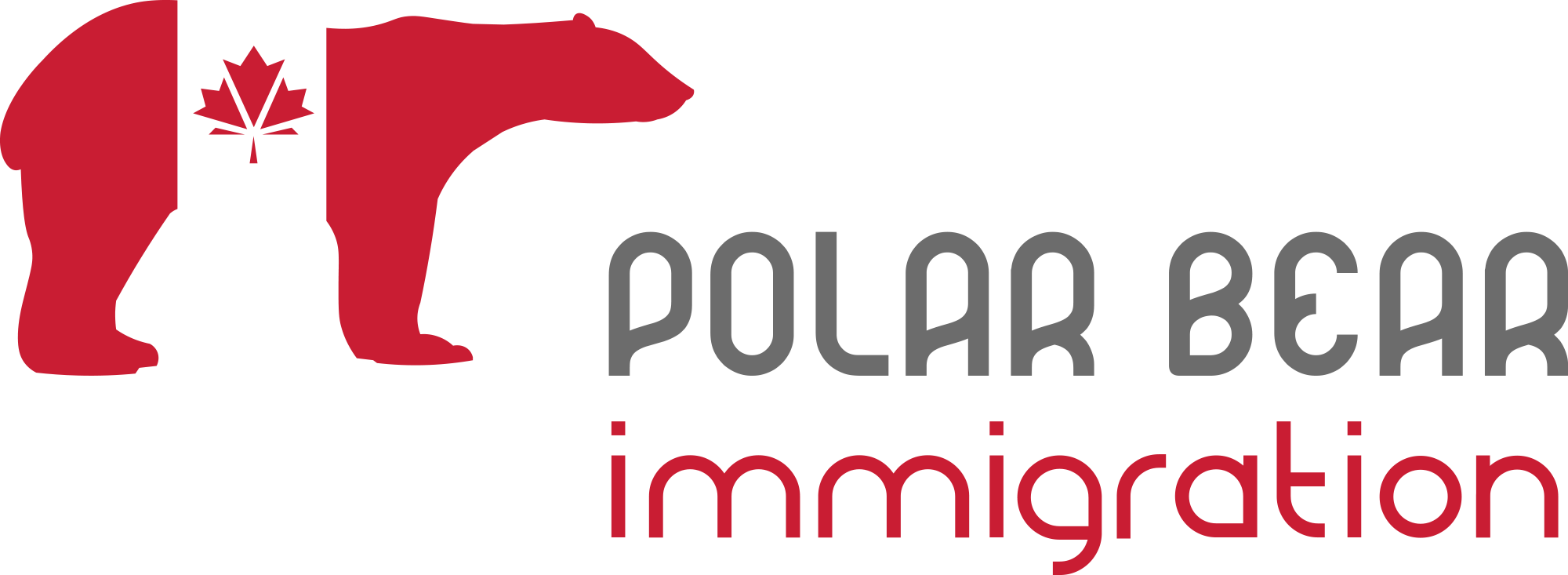In response to the growing challenges within the international student system, Canada has enacted substantial reforms aimed at preserving the integrity of its educational offerings and ensuring the well-being of international students. These changes were announced on January 22, 2024, by the Honourable Marc Miller, Minister of Immigration, Refugees, and Citizenship and include the following:
- Introduction of a Study Permit Cap: Canada sets a cap on study permit approvals, targeting around 360,000 permits for 2024 to manage the growth of international students sustainably.
- Requirement for an Attestation Letter: Students must now obtain an attestation letter from the province or territory where they intend to study, ensuring they have access to necessary support services upon arrival.
- Exemptions to the New Requirements: The cap and attestation letter requirement exempts minor children in primary or secondary education, master’s and Ph.D. students, and applicants looking to renew or extend their study permits.
- Changes to the Post-Graduation Work Permit Program: Starting September 1, 2024, international students enrolling in programs under curriculum licensing agreements will be disqualified from obtaining post-graduation work permits. These programs, typically offered by private colleges using public college curriculums, have grown popular among international students but face lesser oversight, thus creating a loophole in work permit eligibility.
- Extended Work Permit Eligibility for Master’s Graduates: Graduates from master’s programs can now apply for a 3-year work permit, irrespective of the length of the study, enhancing their opportunities for Canadian work experience and potential permanent residency.
- Restrictions on Open Work Permits for Spouses: In the coming weeks the eligibility for open work permits is will be limited to spouses of international students in master’s and doctoral programs, restricting access for spouses of students in other levels of study.
These reforms are positioned as temporary measures, set to be re-evaluated at the end of the year for their potential adjustment in 2025. They signify Canada’s commitment to a high-quality, sustainable international education system that benefits both students and the broader Canadian community.
Canada’s groundbreaking changes to its study permit application process represent a significant shift towards a more managed, sustainable approach to international education. By introducing these measures, Canada aims to enhance the academic experience for international students while addressing the broader challenges of integration and support within its communities.
We will be happy to address any inquiries you may have regarding the article's content or relocating to Canada on either a temporary or permanent basis, and provide you with any necessary support. You can send your question by email: contact@pb-immigration.com

